Perspective on Language Readiness for Kindergarten
OPTION Organizations Believe:
At minimum, babies need to be given 1-3-6 care
-
a hearing screening by 1 month
-
a diagnostic hearing evaluation by 3 months, with hearing aids if appropriate within a month of diagnosis
-
high quality early intervention services by 6 months
The OPTION Perspective:
The purpose of every OPTION organization is to facilitate and support the cognitive, social and emotional development of babies with hearing loss as families help their child become proficient with spoken language.
OPTION professionals such as Teachers of the Deaf/Hard of Hearing, Speech Language Pathologists and Audiologists have the background, training, and expertise in using specific methods and strategies to support children and their families in the development of listening and spoken language.
The Longitudinal outcomes of Children with Hearing Loss (LOCHI) study provides clear evidence that the greatest success in spoken language development occurs when children have appropriate amplification during the first three years of life, when the brain is at the highest level of neural plasticity.
The OPTION Organizations Believe:
- Every family has the right to choose the method of communication that is best for their family.
- Proficiency in the chosen communication mode is essential for the child's social, emotional and academic fluency.
- It is important for families to be educated about the choices regarding language for their child who is deaf or hard of hearing.
- Every family has the right to choose any additional languages that will support their child's development.
- Parents need access to accurate information regarding their child's hearing loss, the benefits/limitations to technology and other factors that may affect their child's development of language.
- All professionals are responsible for ensuring families have accurate information about, and access to, resources needed to support the language chosen by each family.
When Considering Adding a New Language
OPTION Organizations Believe:
- Families need education about the benefits and risks before selecting a language other than their native tongue.
- Families need support in developing a plan to ensure their children have access to robust, full and fluent language models in the languages of their choice.
- Families need information to appreciate the investment of time and resources involved with learning a second language.
- Each family needs to understand the commitment to learn a new language will continue as their child's language grows.
OPTION organizations are dedicated to supporting families of deaf or hard of hearing children on their journeys
RESOURCES
Cardon G., Campbell J., Sharma A. (2012). Plasticity in the developing auditory cortex: evidence from children with sensorineural hearing loss and auditory neuropathy spectrum disorder. Journal of American Academy of Audiology, 23(6):396-411; quiz 495. doi: 10.3766/jaaa.23.6.3.Speech, Language and Hearing Sciences Department, University of Colorado at Boulder, Boulder, CO 80309, USA.
Ching, T. Y., Dillon, H., Marnane, V., Hou, S., Day, J., Seeto, M., . . . Yeh, A. (2013). Outcomes of early- and late-identified children at 3 years of age: findings from a prospective population-based study. Ear Hear, 34(5), 535-552.
ADDITIONAL RESOURCES
• Alexander Graham Bell Association: www.agbell.org
• EHDI: www.infanthearing.org
• Hands and Voices: www.handsandvoices.org
• Hearing First: www.hearingfirst.org
